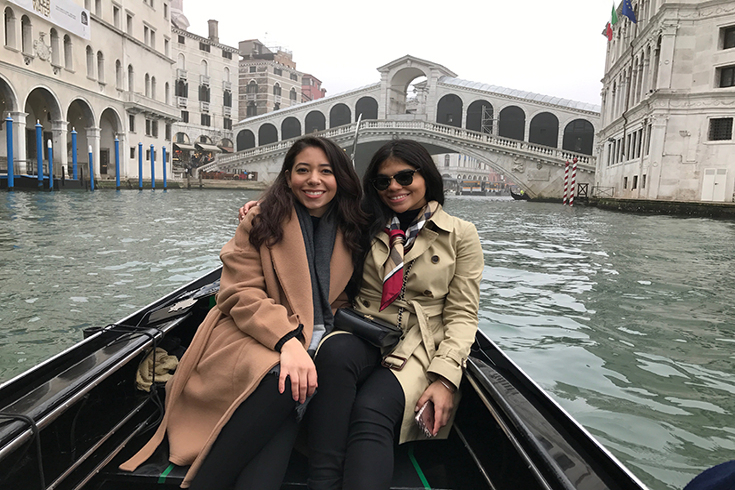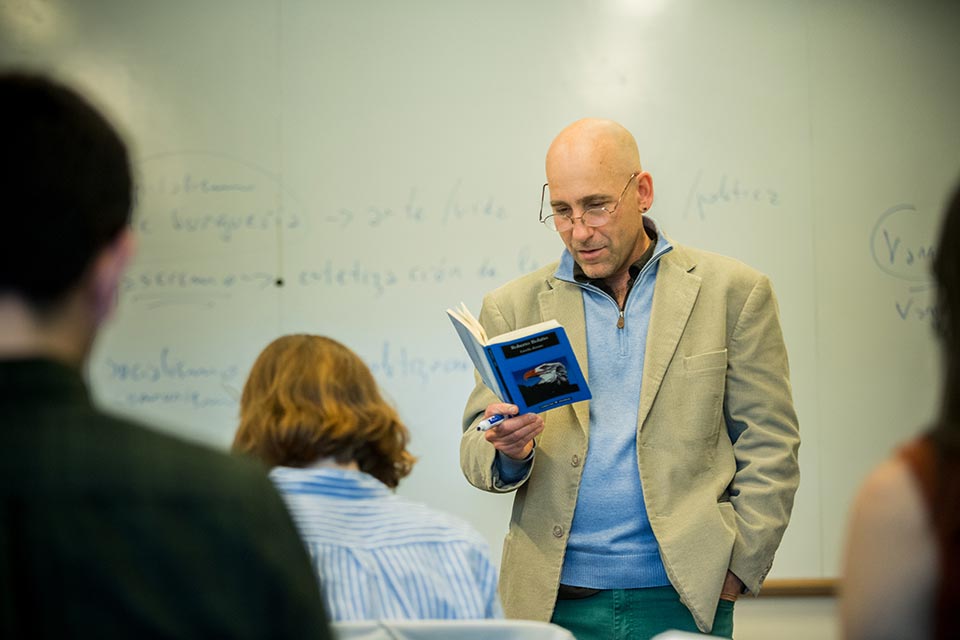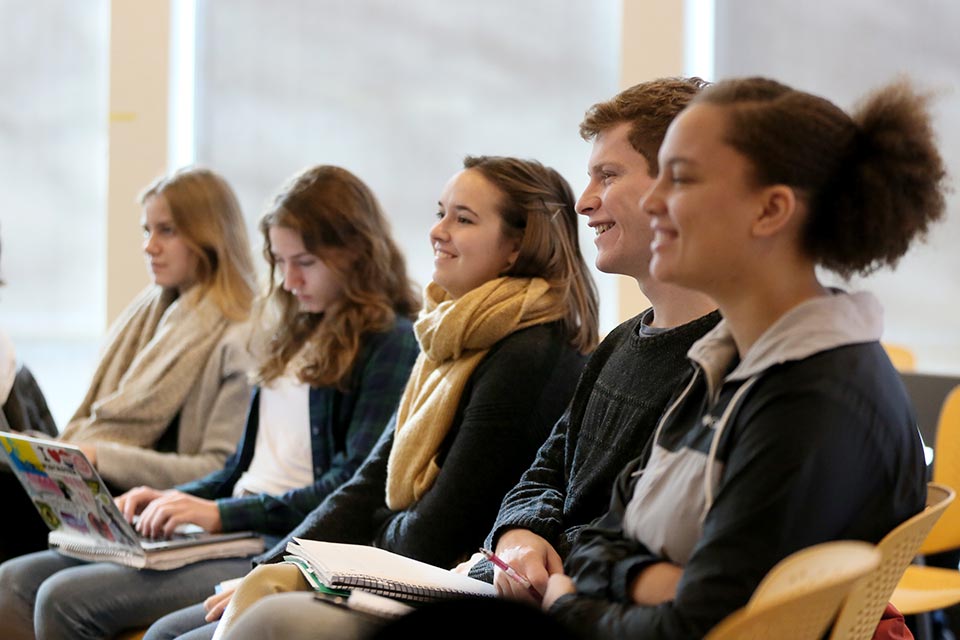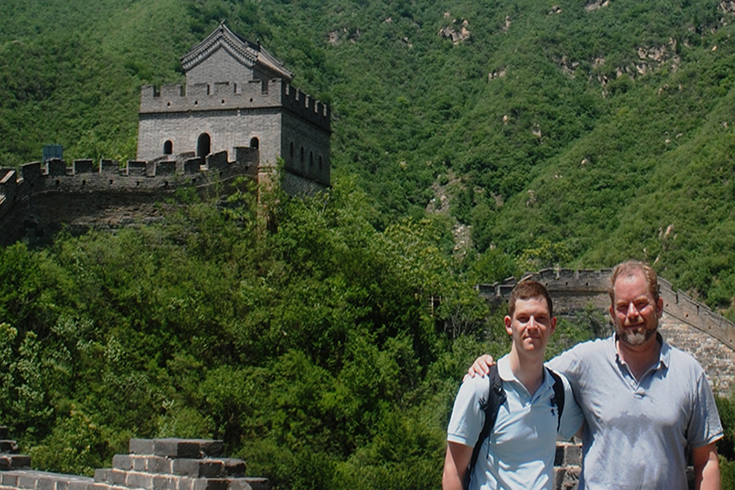The interdisciplinary International and Global Studies (IGS) Program addresses the complex processes of globalization that profoundly affect politics, economics, culture, society and the environment.
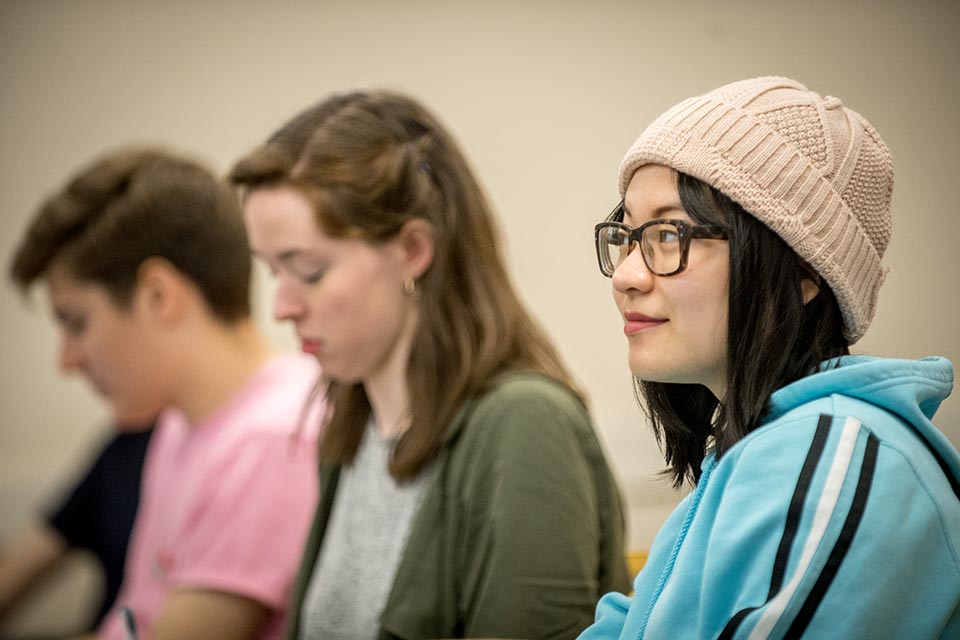
Undergraduate Program
The IGS Program combines a set of rigorous foundational courses with an opportunity to specialize in one of three approaches to understanding globalization, its origins and impacts.

International Experience
Students don't just study a global community — they become a part of it. All IGS majors undertake a significant international experience, such as interning or studying abroad.
Alumni Spotlight
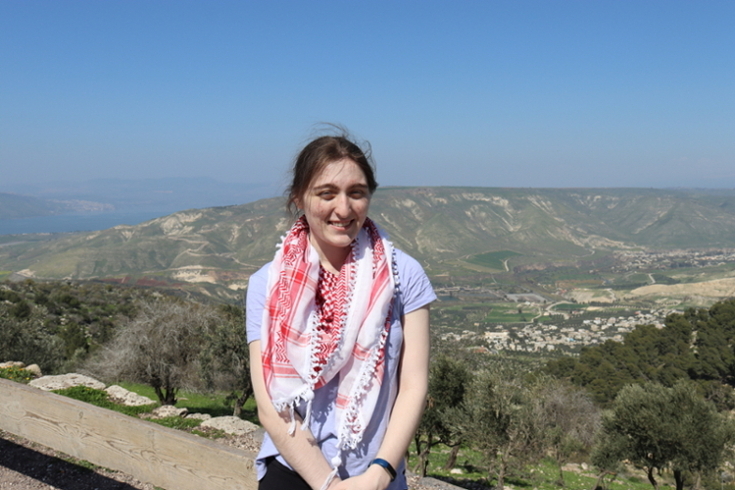
Elizabeth Brewer ‘23 has been awarded a Fulbright Research grant to conduct ethnographic research in Bosnia and Herzegovina to examine perceptions of the roles and effectiveness of international institutions and supranational organizations among Bosnian youth.
